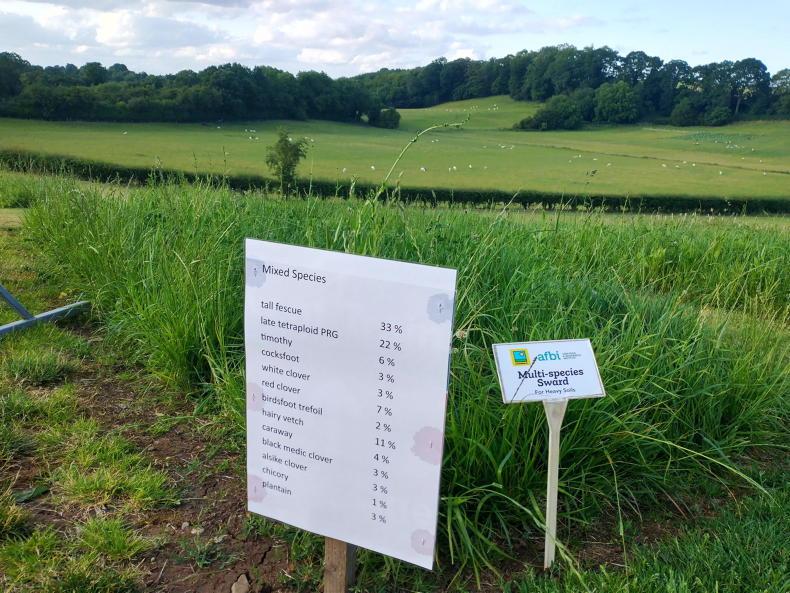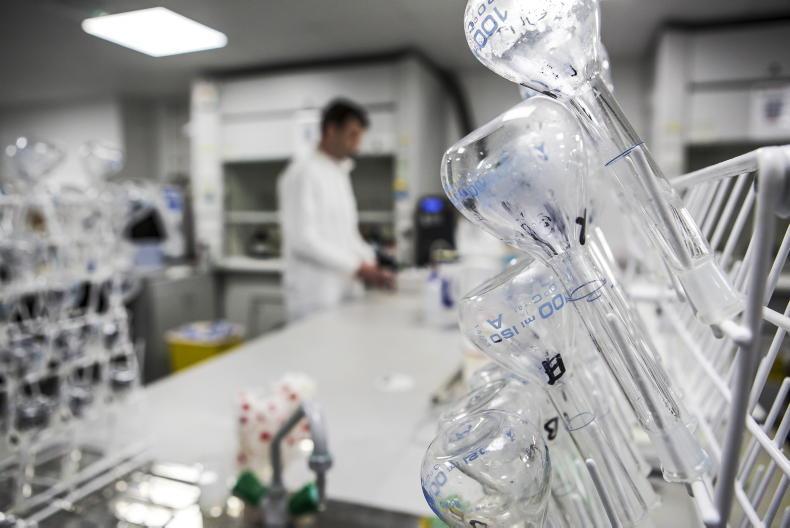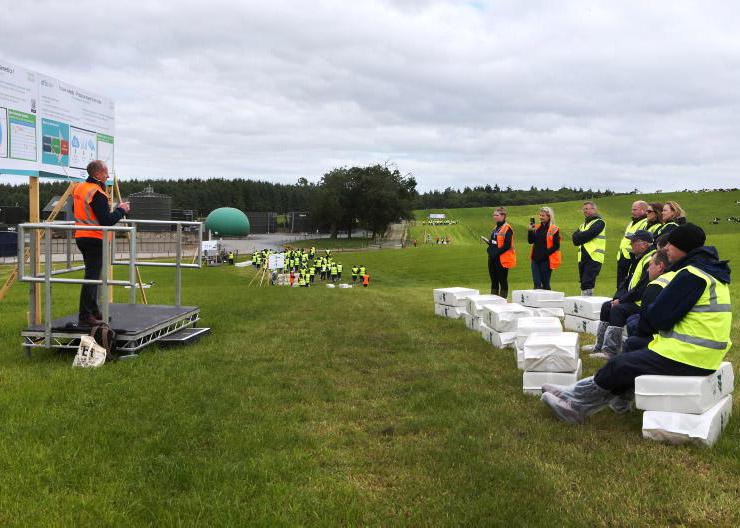It would be naive to think that the decision by grass seed company Barenbrug to end its relationship with the Agri-Food and Biosciences Institute (AFBI) isn’t a significant blow to grass breeding work done in NI.
Grass breeding has been on-going at the AFBI site in Loughgall for over 70 years and since 1991, a commercial relationship has been in place with the Dutch-based company.
As part of that relationship, Barenbrug has the commercial rights to all new grasses bred at Loughgall, while in return, AFBI has access to varieties developed across the world-wide Barenbrug operation.
The partnership is due to end in late 2026. It is a big change of heart for all involved, given that both parties signed up to a new 10-year agreement back in 2023.
Achieved
In the period since 1991, there is no doubt a lot was achieved on the back of the AFBI and Barenbrug partnership.
Around 50 new ryegrass varieties have been taken to the market, while delivering increased yield potential, which works out at approximately 0.5% per year.
In addition, the 2024 Teagasc Pasture Profit Index for intermediate and late perennial ryegrass varieties was led by the AFBI-bred variety, Galgorm, and had three AFBI varieties in its top 10.
Funding
Without the financial support that comes from Barenbrug, it will leave the AFBI grass breeding programme reliant on core funding that comes from DAERA.
While there is no suggestion that money is under threat, recent history would suggest we cannot be complacent. In the last 10 years, budget pressures have forced AFBI to stop publishing a grass and clover recommended list, while various activities at AFBI Loughgall have been wound down, including apple research.
Grass breeding work must not be next. New varieties need to keep coming forward suited to our climate and farming system.
While there are many other distractions, we must not forget grassland is the key fundamental on which our farming industry exists.









SHARING OPTIONS